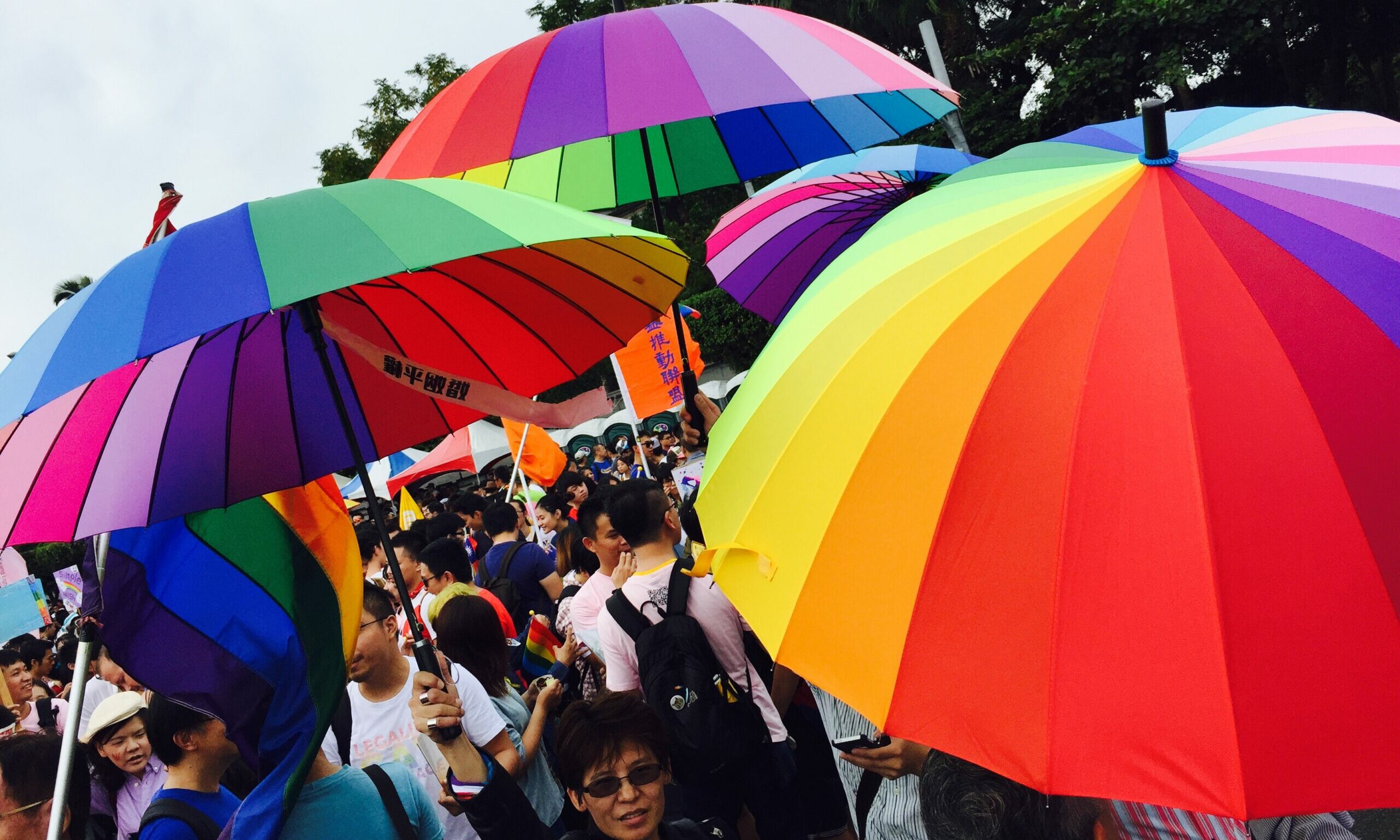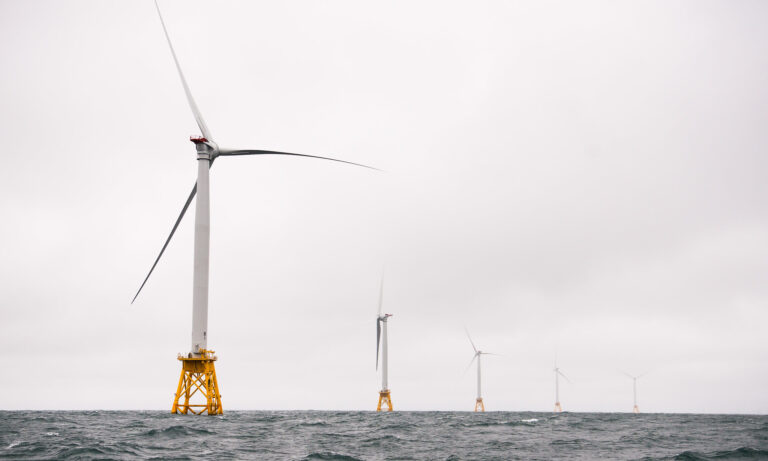
Despite the constraints on its international space, Taiwan has sought to capitalize on its achievements in establishing a human rights protection regime to develop substantial albeit informal relations with its like-minded partners, including the EU. Consequently, by addressing the outstanding issues of concern, such as the situation of migrant workers, its status as a retentionist country, and LGBTQI+ inclusion, Taiwan can strengthen its ties with Brussels through normative alignment.
While Taiwan has long appeared as a regional beacon for democracy and human rights, the past year brought about important developments related to the institutionalization of the country’s human rights protection regime. The government launched Taiwan’s first-ever National Human Rights Action Plan (NHRAP), while the Executive Yuan also established a new Department of Human Rights and Transitional Justice. These efforts are aimed at achieving greater coordination between various agencies involved in implementing the government’s enhanced human rights agenda.
These developments are noteworthy not only in terms of domestic politics but also for Taiwan’s efforts to expand its international space while relying strongly on normative appeals. The EU also recognizes the importance of cooperating with Taiwan’s government and civil society organizations (CSOs) on human rights issues, which it views as a positive contribution towards maintaining the stability of Taiwan and its relations with China–this is evident in initiatives such as the annual human rights consultations and the launch of the inaugural Engagement Support Facility for local CSOs. Consequently, it is essential to review key outstanding issues of concern in terms of the human rights situation in Taiwan and propose concrete ideas for Taiwan-EU cooperation to address them.
This article focuses on three primary areas of concern: improving the human rights situation and working conditions of migrant workers, particularly fisherfolk; promoting the abolition of the death penalty in Taiwan; and expanding access to civil rights among the LGBTQI+ community. The selection of cases is also conducive to illuminating the differences between Taiwan’s and the EU’s prioritization of issues: while the EU Annual Report on Human Rights and Democracy in Taiwan and the country’s own NHRAP commit to working on improving the situation of migrant workers, the domestic plan fails to address the question of the death penalty, while the EU’s report does not view gay rights as a key area of concern.
Troubled Waters: Human Rights of Migrant Fisherfolk
Taiwan’s 725-thousand-strong migrant labor force, hailing predominantly from Vietnam, Indonesia, the Philippines, and Thailand, faces discriminatory treatment which intensified during the COVID-19 pandemic. Often undertaking undesirable “3D” (dirty, dangerous, and difficult) jobs, migrant workers fill in gaps in labor supply in critical industries, from construction and manufacturing to domestic and institutional eldercare.
While overseas laborers remain vulnerable across all sectors which are open to migrant workers in Taiwan, the situation of distant water fisherfolk appears particularly dire. With over 1100 vessels in its distant water fleet, Taiwan is one of the leaders of the global fishing industry. Yet, almost 19 thousand migrant laborers who man Taiwan’s lucrative distant water operations continue to face serious labor rights violations, including debt bondage, withholding of wages, retention of identity documents, excessive overtime, and abusive working and living conditions.
Importantly, Taiwan has yet to integrate the International Labor Organization’s (ILO) C188 Work in Fishing Convention into domestic law. The convention, which came into force internationally in November 2017, safeguards fishers’ right to decent conditions of work on board fishing vessels. Excluded from the United Nations system and defined by its troubled statehood, Taiwan is not able to formally participate in the international human rights protection regime. However, as evidenced by its efforts to guarantee the rights enshrined in ICCPR and ICESCR, the nation has been able to domesticate core treaties. The EU has explicitly addressed the issue of the delay in the implementation of ILO C188, including its public outreach efforts organized in collaboration with Taiwan’s Ministry of Labor and Fisheries Agency.
Given the confluence of normative, legal, and economic ramifications of human rights violations on the Taiwanese distant water fleet, enhanced EU action on this issue is currently highly opportune. The European Parliament and the Taiwanese government are urging the European Commission to accelerate the work on the Bilateral Investment Agreement (BIA). As a “normative power” or an ideational actor seeking to harmonize international economic regulation with its fundamental rights regime, the EU promotes human rights clauses in its investment and trade agreements. Consequently, the prospect of a looming impact assessment of an EU-Taiwan BIA could serve as a catalyst for improving the human rights situation on Taiwan’s distant water fleet.
Fatal Mistake: Taiwan’s Status as a Retentionist Country
Another pivotal issue of concern for the EU in terms of the human rights in Taiwan is the retention of capital punishment in the country. In a September 2022 poll, which was carried out shortly after a highly publicized murder case of two police officers in the southern city of Tainan, 86.9 percent of the respondents supported retention of capital punishment, effectively dismissing President Tsai’s statement that “abolition of the death penalty is a universal goal.” While the timing of the poll may have inflated the proportion of participants favoring retention, its results are still illustrative of a pronounced divide between elected officials and the general public. Contrary to their voters, almost two-thirds of legislators support abolition. Yet, broad public support among the electorate remains a central argument for retention.
Taiwan’s status as a retentionist country can undermine Taiwan’s public diplomacy towards the EU and its member states, given that this form of the island country’s international outreach relies heavily on normative appeals. The events surrounding the most recent execution, carried out on Weng Jen-hsien (翁仁賢) in 2020, serve as an illustrative example.
Marking a “breakthrough moment” in EU-Taiwan relations, European Commission President Ursula von der Leyen publicly thanked Taiwan for the donation of 5.6 million face masks on April 1, 2020, amid the initial wave of the coronavirus pandemic. Such a direct address towards Taiwan from the European Commission’s head was unprecedented. However, the launch of Taiwan’s “COVID-19 diplomacy” coincided with the execution of the 57-year old Weng, sentenced to death for killing six family members. In response, the European External Action Service (EEAS) spokesperson called on Taiwan in its April 3, 2020 statement to “refrain from any future executions, to reinstate and maintain a de facto moratorium, and to pursue a consistent policy towards the abolition of the death penalty in Taiwan.”
Campaigns for the abolition of capital punishment constitute the core of human rights-oriented activities of EEAS. The EU is strongly opposed to the death penalty which it views as inherently contradictory to the fundamental rights, including human dignity and integrity, enshrined in its treaties. Consequently, Taiwan’s decision to continue handing down death sentences undermines the country’s status as a “like-minded partner” for the EU.
A multi-stakeholder approach to promoting abolition emerges as an important area for EU-Taiwan cooperation in the realm of human rights. Firstly, the continuation of close cooperation with civil society organizations (CSOs) is needed to facilitate bottom-up initiatives aimed at changing the public opinion on capital punishment, and providing Taiwan’s public with accurate information about the death penalty. Secondly, policy advocacy efforts should target elected officials to promote top-down changes to the penal system. The upcoming presidential and legislative elections, set to take place in early 2024, provide an opportune setting to intensify such efforts.
Beneath the Rainbow: Outstanding Challenges to LGBTQI+ Equality
Even though Taiwan made history by becoming the first country in Asia to legalize same-sex marriage in 2019, the LGBTQI+ community in Taiwan continues its struggle for full equality. An important lingering area for LGBTQI+ advocacy in Taiwan following the legalization of same-sex marriage is broader inclusion of transgender and non-binary individuals. Specifically, there are outstanding challenges to obtaining accurate and inclusive gender markers on identity documents.
With regard to the procedure for legal gender recognition, the administrative order No. 0970066240 issued by the Ministry of Interior in 2008 stipulates that individuals need to undergo mental assessment from two psychiatrists and provide medical certification proving the completion of the surgical removal of reproductive organs. These eligibility criteria place very significant limitations on access to legal gender recognition. Moreover, Taiwan does not currently recognize non-binary gender markers such as X.
Litigation has proven to be an important tool for activists campaigning for the rights of transgender people. In November 2021, Xiao E (小E) became the first Taiwanese transgender woman to have her gender legally recognized without submitting a confirmation of surgery. According to the ruling, the surgery requirement for removal of the reproductive organs for legal gender recognition stood against the principles of legal reservation, equality and proportionality. Yet, this verdict is only legally effective for Xiao E and has not yet led to a change of the broader framework, which continues to be governed by the Ministry of Interior’s executive order.
Given the overall positive situation of the LGBTQI+ community in Taiwan, the EU has not listed the access to rights of gender and sexual minorities as an area of concern. At the same time, LGBTQI+ rights are included in Taiwan’s recently published NHRAP, and Brussels and Taipei have a strong record of cooperation on those issues, including through the 2019-2023 EU-Taiwan Gender Equality Cooperation and Training Framework. The 2022 EU-Taiwan LGBTI Human Conference also prominently featured topics related to the promotion of transgender persons’ rights, including sharing of best practices of Belgium and Austria which could be implemented to Taiwan.
Despite challenges, cooperation on expanding social inclusion of LGBTQI+ persons provides a foundation for equitable engagement between Taiwan and the EU. While member states which began the expansion of protection of LGBTQI+ rights earlier can offer actionable policy ideas for Taiwan in domains such as equal legal treatment of transgender people, Taiwan can also support LGBTQI+ inclusion in less progressive member states through exchanges at the CSO, legislative, and administrative levels.
Acting on Shared Challenges, Realizing Common Values
Particularly within the context of Taiwan’s relations with the countries of Central Eastern Europe (CEE), their similar trajectories of political development–and specifically the processes of democratic consolidation commenced in the late 1980s after extended periods of single-party authoritarian rule–provide fertile ground for cooperation on strengthening protections of human rights that democratization brought to these countries.
In the context of Taiwan-EU relations, the primary objective of cooperation on human rights should be to address the main areas of concerns delineated by the EU. This is because Taiwan’s reputation as a democratic “city upon a hill” has proven conducive to the expansion of its international space, despite the limitations brought about by the country’s “absurd” geopolitical status and EU’s interpretations of its “One-China policy.” At the same time, a multistakeholder approach to human rights cooperation also has the potential to amplify Taiwan’s success story, and consolidate its status as a like-minded partner of the EU in Asia.
Written by
Marcin Jerzewski
yehaoqinMarcin Jerzewski is the Head of Taiwan Office of the European Values Center for Security Policy. He is also a Marcin Król Fellow at Visegrad Insight. Marcin earned his Bachelor of Arts in Political Science and Chinese Studies at the University of Richmond and was an MOE Taiwan Scholar in the International Master’s Program in International Studies, National Chengchi University.


